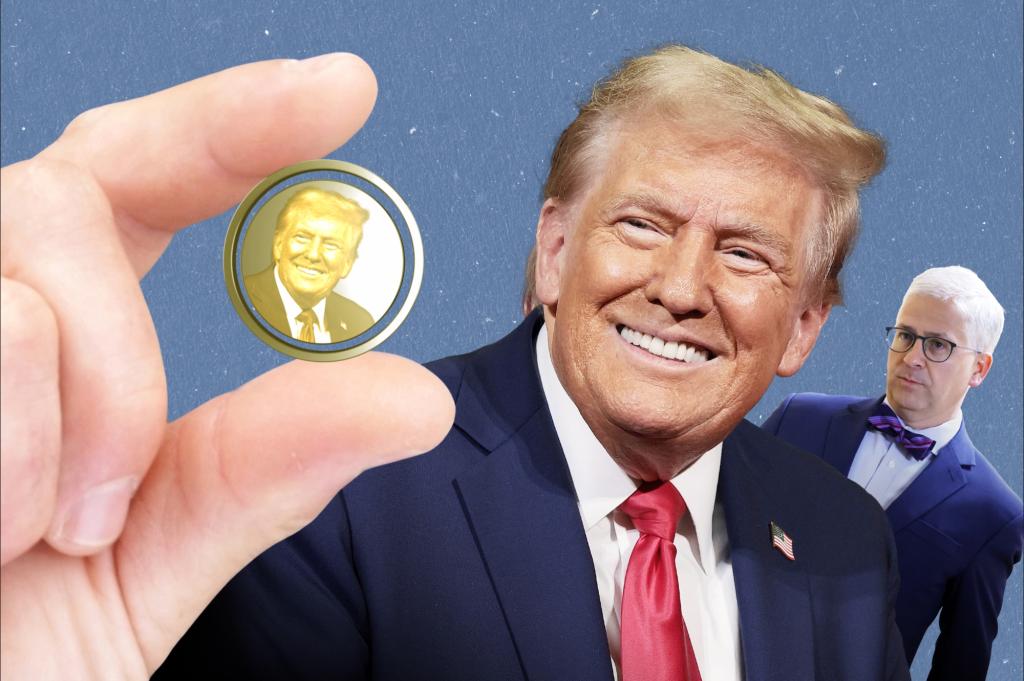The crypto industry – from top executives to individual holders – likes to think it provided the margin of victory in Donald Trump’s surprise victory in November’s presidential election.
Trump of course courted crypto for votes and money and promised a lighter regulatory touch than the crackdown imposed by Securities and Exchange Commission head Gary Gensler.
Whether it was real crypto that gave Trump his big victory is another matter, but crypto executives want something in return for the tens of millions of dollars and new voters they brought to Team Trump .

That’s why so many of them are being seen at Mar-a-Lago these days, as Trump prepares to take over the White House on Monday.
One of the big demands, On The Money has learned, is to no longer have to deal with heavy regulation from the SEC, also known as Wall Street’s top cop.
That’s not going to happen, according to someone who until recently was one of the most connected members of the federal government’s regulatory apparatus. Patrick McHenry, the former chairman of the House Financial Services Committee, told me during a fireside chat I hosted Tuesday for private lender Biz2Credit that the SEC isn’t really going anywhere .
Far from being the small player championed by crypto types, the SEC and its new chairman, Trump nominee Paul Atkins, are still in charge of the $3.5 trillion digital coins market.

And according to McHenry, the industry’s favorite regulator – the Commodity Futures Trading Commission – with its lighter hand, will not take over all crypto regulation.
The reason, he says, is a law that dates back to the Great Depression. Under securities law, Bitcoin is not eligible for SEC oversight – which includes disclosure to investors – because it was not used in a bid to develop blockchain technology used to carry out transactions that underpin the digital coin.
This is not the case for other crypto sales that have funded new blockchain platforms; they will have to go through the SEC’s regulatory and disclosure gauntlet.
“If you’re looking at raising capital in the United States, it’s done within our securities laws,” McHenry said. “So what’s originally from the SEC…it’s not going to change.”




